Understanding Causes and Treatment of Malabsorption Syndrome
Learn about malabsorption syndrome, its causes, symptoms, diagnosis, and effective treatments for better nutrient absorption.

Malabsorption Syndrome
Malabsorption Syndrome is a digestive disorder that occurs when the small intestine fails to absorb nutrients such as fats, proteins, carbohydrates, vitamins, and minerals from the food we eat. This leads to nutritional deficiencies, weight loss, and fatigue despite eating properly. The condition may arise due to intestinal diseases, enzyme deficiencies, or structural damage.
At VS Hospitals, specialized gastroenterologists and nutrition experts work together to diagnose and treat malabsorption with precision. Using advanced diagnostic technology and evidence-based therapies, the hospital focuses on restoring nutrient absorption, correcting deficiencies, and improving overall digestive health.
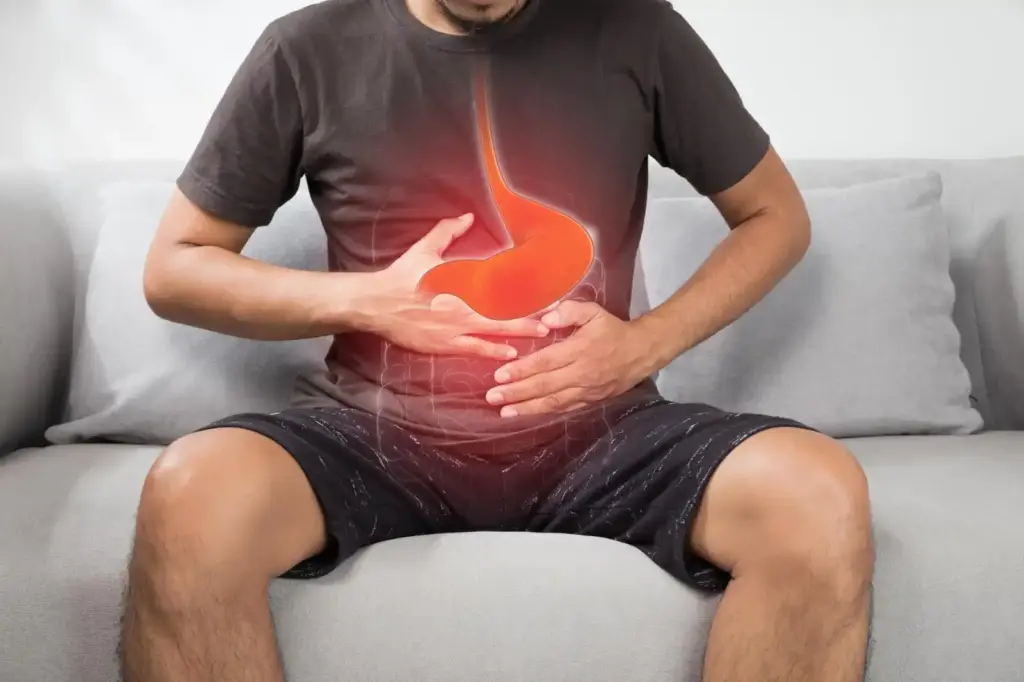
Early Detection Saves Lives
Early detection and treatment are crucial for improving the chances of survival. If you notice any concerning symptoms, consult a healthcare provider immediately.
Signs and Symptoms
Chronic diarrhea
Loose, greasy, or foul-smelling stools due to fat malabsorption.
Unexplained weight loss
Even with normal food intake.
Bloating and gas
Caused by unabsorbed food fermenting in the intestines.
Abdominal cramps and pain
Especially after meals.
Fatigue and weakness
Due to deficiencies in iron, vitamin B12, or folate.
Swelling in legs or ankles
Result of low protein levels.
Pale or clay-colored stool
Indicates issues in bile or fat digestion.
Anemia
Resulting from iron or vitamin absorption problems.
Bone pain or fractures
Linked to calcium and vitamin D deficiency.
Numbness or tingling
Caused by vitamin B12 deficiency affecting the nervous system.
Blood in Urine
Hematuria - pink, red, or dark urine, the most common symptom
Frequent Urination
Feeling the need to urinate frequently, even when bladder is not full
Painful Urination
Experiencing pain or burning sensation while urinating
Back or Pelvic Pain
Pain that occurs as the cancer grows and spreads
Unexplained Weight Loss
Significant weight loss not related to diet or exercise
Fatigue
Feeling unusually tired or weak without a clear cause
If you notice persistent digestive discomfort or unexplained weight changes, the gastroenterology team at VS Hospitals can perform a detailed evaluation to identify the cause.
Meet Our Expert Malabsorption Syndrome Treatment Specialits
Risk Factors
Smoking
Smoking is one of the leading causes of bladder cancer. Chemicals in tobacco smoke can damage the lining of the bladder, increasing the risk.

Gender
Men are at a higher risk of developing bladder cancer than women.

Chronic Bladder Infections or Inflammation
Conditions such as bladder infections and long-term bladder inflammation can increase the risk.

Exposure to Chemicals
Prolonged exposure to certain chemicals, especially those used in the dye industry, rubber production, and chemical manufacturing, increases the risk.

Celiac disease
Gluten damages the intestinal lining and prevents nutrient absorption.

Chronic pancreatitis
Reduces enzyme production needed for digestion.
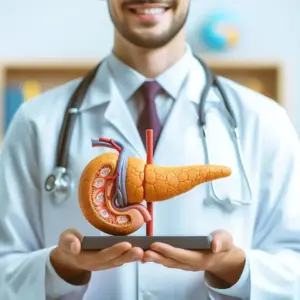
Lactose intolerance
Inability to digest milk sugar leading to bloating and diarrhea.
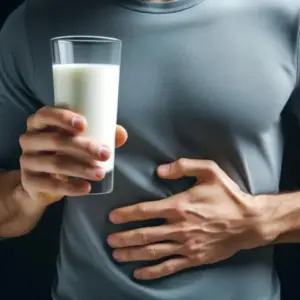
Crohn’s disease
Chronic inflammation damages the intestinal walls.
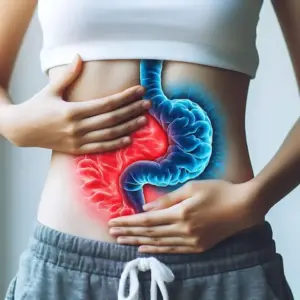
Bile duct obstruction
Prevents fat digestion and absorption.
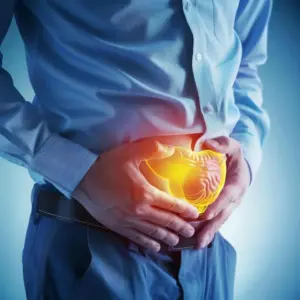
Surgical removal of intestines
Reduces surface area for nutrient absorption.
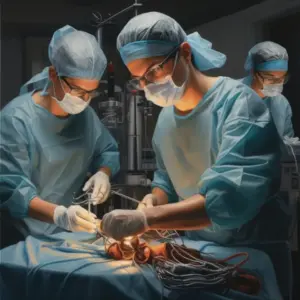
Infections or parasites
Such as Giardia that interfere with intestinal function.
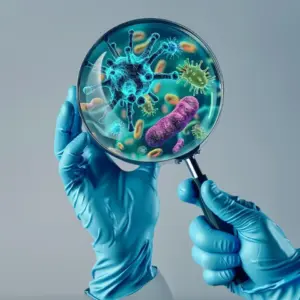
Alcohol abuse
Damages the pancreas and intestinal lining.

Long-term medication use
Some antibiotics or anti-seizure drugs interfere with nutrient absorption.
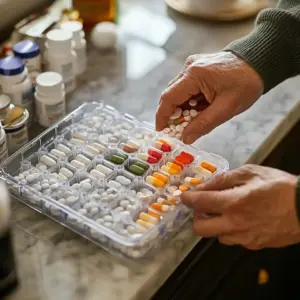
Aging
Reduces digestive enzyme production and gut efficiency.

Malabsorption Syndrome
Diet and Nutrition
Prevention
Diagnosis
Key Services
Key Facilities
Nutrition is the cornerstone of managing Malabsorption Syndrome. At VS Hospitals, dietitians create individualized dietary plans to ensure proper nutrient absorption and gradual recovery.
- Small, Frequent Meals: Eating 5–6 small meals daily reduces intestinal strain.
- High-Calorie, High-Protein Diet: Replenishes lost nutrients and maintains weight.
- Low-Fat Foods: Helps manage steatorrhea in fat malabsorption cases.
- Lactose-Free Diet: Recommended for those with lactose intolerance.
- Vitamin and Mineral Supplements: Oral or injectable forms of vitamins A, D, E, K, and B12.
- Probiotics: Restore healthy gut bacteria balance for better digestion.
- Gluten-Free Diet: Essential for celiac disease patients to prevent intestinal inflammation.
- Medium-Chain Triglyceride (MCT) Oil: Easier to absorb compared to regular fats.
- Hydration: Replaces fluid losses due to chronic diarrhea.
- Avoid Alcohol and Caffeine: Both irritate the intestines and worsen malabsorption.
The nutrition specialists at VS Hospitals monitor patients regularly to adjust their diet based on progress, ensuring steady and safe nutritional recovery.
Preventing malabsorption involves protecting intestinal health and maintaining a balanced lifestyle. The Gastroenterology team at VS Hospitals emphasizes preventive measures for at-risk individuals:
- Eat a Balanced Diet: Include whole grains, lean proteins, fruits, and vegetables.
- Limit Processed Foods: Avoid preservatives that may disrupt digestion.
- Avoid Excessive Alcohol: Protects the intestinal lining and pancreas.
- Stay Hydrated: Prevents dehydration from chronic diarrhea.
- Treat Infections Promptly: Prevents intestinal damage from bacterial or parasitic infections.
- Monitor Medications: Long-term antibiotic or antacid use should be supervised.
- Maintain a Healthy Weight: Reduces stress on the liver and pancreas.
- Routine Health Check-ups: Regular tests at VS Hospitals help detect early signs of nutrient deficiencies.
- Manage Food Allergies: Identifying and eliminating trigger foods prevents inflammation.
- Vaccination and Hygiene: Prevents hepatitis and other infections affecting digestive health.
VS Hospitals advocates early screening and lifestyle counseling as key strategies to prevent or delay the onset of malabsorption disorders.
Diagnosing Malabsorption Syndrome requires identifying both the nutrient deficiency and the underlying disease affecting absorption. VS Hospitals offers cutting-edge diagnostic facilities to ensure accurate detection and effective treatment planning:
- Physical and Clinical Evaluation: Doctors assess diarrhea, bloating, and weight loss while reviewing dietary habits, medical history, and medications to identify causes and understand how malabsorption affects digestion and nutrition.
- Blood Tests: Comprehensive blood work detects anemia, vitamin deficiencies (B12, D, K, A, E), and low protein or albumin levels, providing key indicators of nutrient malabsorption and overall nutritional health.
- Stool Analysis: Stool tests identify undigested fats, starch, or blood, and detect infections, parasites, or digestive enzyme deficiencies, helping pinpoint the specific underlying cause of poor nutrient absorption.
- Breath Tests: Hydrogen breath tests check lactose intolerance and bacterial overgrowth by measuring gas production, helping confirm malabsorption conditions causing bloating, discomfort, and irregular bowel movements effectively and non-invasively.
- Endoscopy and Biopsy: A flexible scope examines the small intestine, allowing tissue biopsy to detect inflammation, mucosal damage, or structural issues linked to celiac disease, Crohn’s disease, or chronic malabsorption.
- Imaging Studies: CT, MRI, and barium X-rays visualize intestinal structure, detect inflammation, pancreatic abnormalities, or motility problems, helping doctors assess malabsorption causes and design personalized treatment strategies accurately.
VS Hospitals provides comprehensive care for Malabsorption Syndrome, combining modern medical science, nutrition therapy, and personalized monitoring to achieve complete digestive restoration.
- Medical Management: Treatment includes enzyme replacement for pancreatic insufficiency, antibiotics for bacterial overgrowth, corticosteroids for inflammation, immunosuppressants for IBD, and antiparasitic medications for infection-related malabsorption cases.
- Nutritional Therapy: Patients receive customized diet plans rich in easily absorbable nutrients, vitamin and mineral supplementation, gluten-free or lactose-free diets, and high-protein, low-fat meals for optimal recovery.
- Lifestyle and Preventive Care: Focus on healthy eating, proper hydration, avoiding alcohol and smoking, maintaining ideal body weight, and regular nutritional monitoring to preserve long-term digestive and intestinal health.
- Intravenous (IV) Nutrient Replacement: For patients unable to absorb nutrients orally, IV therapy delivers essential vitamins, electrolytes, and fluids directly into the bloodstream to restore nutritional balance effectively.
- Surgical and Interventional Support: Minimally invasive surgery addresses structural abnormalities or intestinal blockages, followed by personalized nutritional rehabilitation programs for patients with short bowel syndrome or similar complications.
- Long-Term Follow-Up and Monitoring: Regular blood tests, imaging studies, and dietary reviews ensure continuous improvement, prevent recurrence, and help patients maintain a healthy digestive system for lasting wellness.
VS Hospitals ensures each patient receives comprehensive, holistic treatment designed to address both symptoms and root causes for sustained recovery.
VS Hospitals is one of Chennai’s leading centers for gastroenterology and liver health, offering world-class infrastructure and patient-centered care for complex digestive disorders.
- Advanced Gastroenterology Unit: Specialized care for intestinal, liver, and pancreatic disorders.
- Modern Endoscopy and Colonoscopy Suites: High-definition imaging for accurate detection.
- Comprehensive Laboratory Services: On-site testing for blood, stool, and enzyme levels.
- Imaging and Radiology Department: Equipped with CT, MRI, and ultrasound for detailed evaluation.
- 24/7 Emergency and ICU Care: Immediate support for acute dehydration or severe nutrient deficiency.
- Dedicated Nutrition and Diet Counseling Center: Tailored meal planning for faster recovery.
- Inpatient and Daycare Units: Comfortable facilities for observation and IV therapy.
- Pharmacy and Supplement Support: Ready access to essential vitamins, minerals, and enzyme replacements.
- Patient Education Programs: Empowering patients with guidance on diet, prevention, and lifestyle management.
At VS Hospitals, every patient is treated with a blend of compassion, precision, and clinical excellence ensuring world-class care for all forms of Malabsorption Syndrome.
Top Medical Facilities at Our Multispeciality Hospital – Here’s What Makes Us Different!
Ready to Begin Your Malabsorption Syndrome Care Journey?
Learn More About Malabsorption Syndrome
Frequently Asked Questions
Malabsorption Syndrome can occur due to intestinal inflammation, enzyme deficiency, infections, or surgery affecting the small intestine. Common causes include celiac disease, Crohn’s disease, and chronic pancreatitis. At VS Hospitals, doctors identify the root cause using advanced tests and create a personalized plan to restore proper nutrient absorption.
Treatment at VS Hospitals focuses on correcting the cause and restoring nutrition. It includes enzyme replacement therapy, antibiotics, dietary changes, and vitamin supplementation. For severe cases, intravenous nutrition and specialized diets are provided. The goal is to rebuild digestive health and prevent long-term deficiencies.
While not all causes are preventable, healthy lifestyle choices can reduce risk. VS Hospitals recommends maintaining gut health through a balanced diet, limiting alcohol, managing chronic conditions, and treating infections early. Regular screenings and professional dietary guidance also help prevent recurrence and maintain optimal nutrient absorption.
